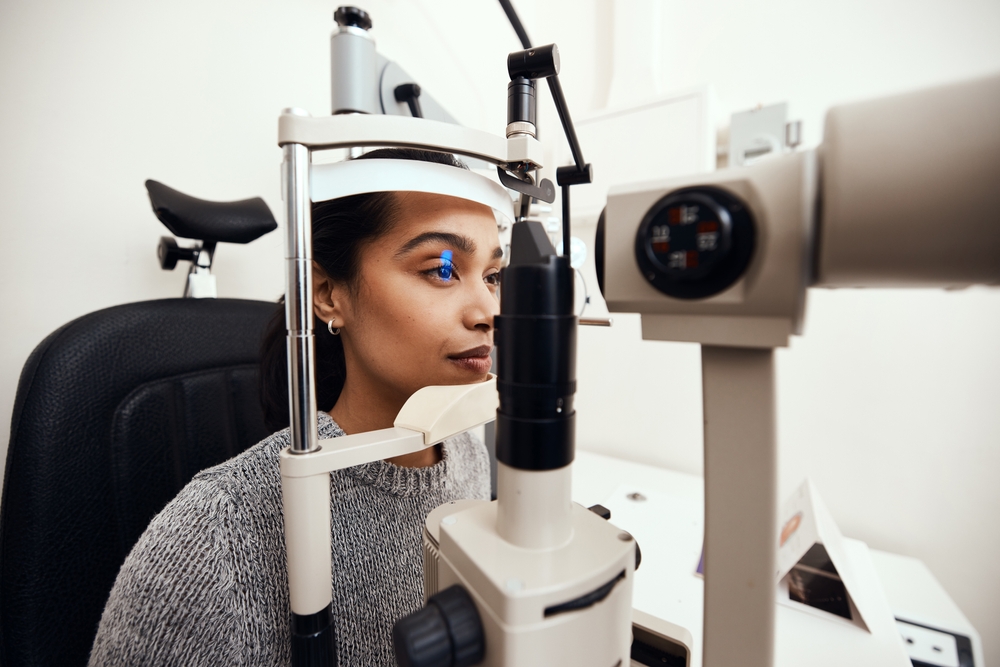
Living in Little Elm, Texas, means enjoying beautiful lakeside views and a growing, vibrant community. If you have diabetes, it also means being mindful of your health, especially your vision. Diabetes can quietly affect your eyes, leading to serious conditions that often go unnoticed until significant damage has occurred.
How Diabetes Affects the Eyes
High blood sugar levels can damage the small blood vessels in the eyes, particularly in the retina, the light-sensitive tissue at the back of the eye. Over time, this can lead to several vision-threatening conditions:
Diabetic Retinopathy: The most common diabetic eye disease, it occurs when blood vessels in the retina swell, leak, or close off entirely, sometimes leading to new abnormal blood vessel growth.
Diabetic Macular Edema (DME): A complication of retinopathy where fluid builds up in the macula, affecting sharp, central vision.
Cataracts: People with diabetes are more likely to develop cataracts at a younger age.
Glaucoma: Diabetes doubles the risk of glaucoma, a condition that damages the optic nerve, often without noticeable symptoms at first.
These issues can cause permanent vision loss if not detected and treated early.
What Is a Diabetic Eye Exam?
A diabetic eye exam is a comprehensive evaluation of your eye health that focuses specifically on detecting damage caused by diabetes. Unlike a standard vision test, this exam is designed to catch early signs of diabetic eye disease before symptoms become noticeable.
One key component of the exam is a dilated retinal exam, where special drops are used to widen your pupils. At Eyes on Little Elm, we also utilize Optos Retinal Imaging which is a photo of the back of the eye. Often it is a better option than dilation but both allow Dr. Hoover to thoroughly examine your retina and optic nerve for any signs of damage. This allows your optometrist to thoroughly examine the retina and optic nerve for any signs of damage.
A visual acuity test is included to assess how well you can see at various distances. In addition, the exam typically involves measuring eye pressure, which helps identify signs of glaucoma.
These exams are non-invasive and painless, and early detection can significantly improve treatment outcomes. Identifying issues early means more effective care and a better chance of preserving your vision.
The Importance of Early Detection
Even if you are not experiencing any changes in your vision, diabetic eye exams should be scheduled at least once a year - or more frequently if your eye doctor recommends it. Many eye conditions related to diabetes begin with no noticeable symptoms. Catching problems early gives you the best chance to slow or prevent vision loss with timely treatment and lifestyle adjustments. Regular monitoring also allows your eye doctor to track any progression and coordinate care with your primary physician or endocrinologist for better diabetes management.
Protect Your Vision with Preventive Eye Care
At Eyes on Little Elm, we are committed to helping patients with diabetes maintain healthy vision for life. Our diabetic eye exams are thorough, compassionate, and designed to detect even the earliest signs of eye complications.
Schedule your diabetic eye exam at Eyes on Little Elm and take a proactive step in protecting your sight. Contact our office in Little Elm, Texas, by calling (469) 786-2020 to book an appointment today.








